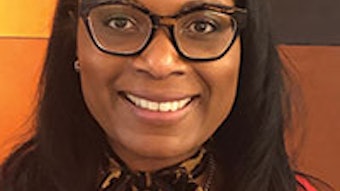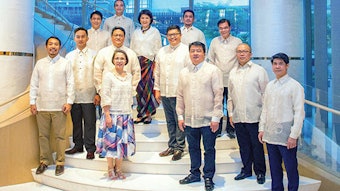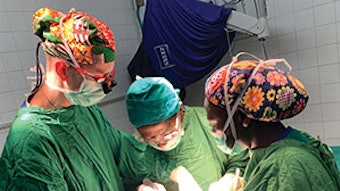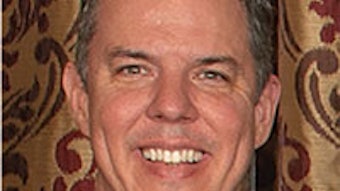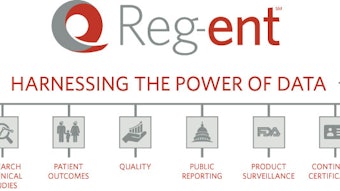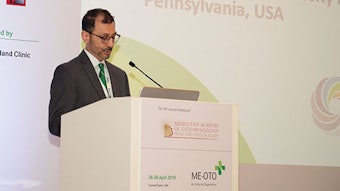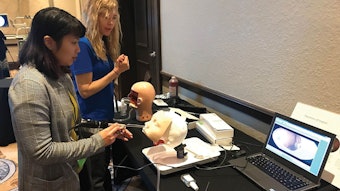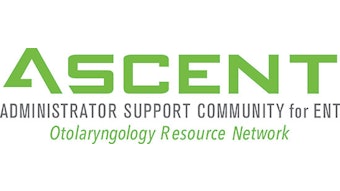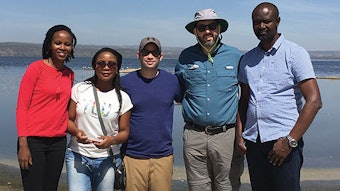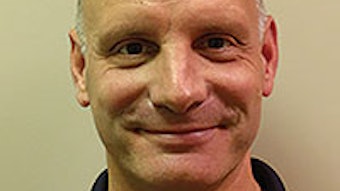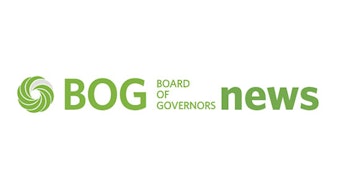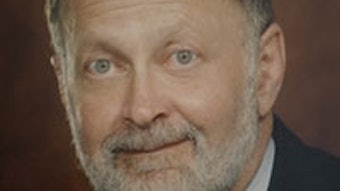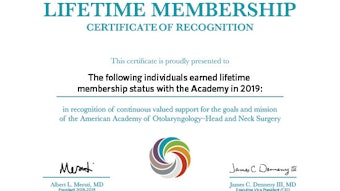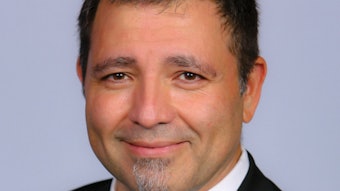Competency in otolaryngology
It’s not too late to register for our Annual Meeting in New Orleans. The 20th anniversary of our last meeting in New Orleans promises to be a spectacular program in a renovated city known for its fine dining and good times for all
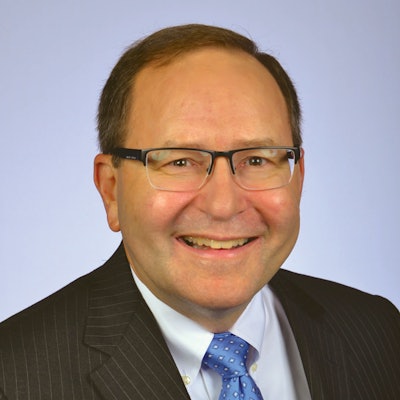 James C. Denneny III, MD
James C. Denneny III, MD
AAO-HNS/F EVP/CEO
Increasing scrutiny of the competency of physicians at all stages of their careers affects potential training paradigms as well as end-of-career decisions. Several factors, such as surveys showing that a significant percentage of residents finishing training feel unprepared to start practice, have stimulated discussions related to training strategies. Recent pushback on the value and validity of “maintenance of certification” has called into question the most effective way to maintain the knowledge and skills that enable a physician to practice high-quality medicine throughout their career. Finally, there has been increasing attention given to the aging physician/surgeon and how we determine when a surgeon’s skills and competency have deteriorated to the point that they should limit or discontinue practice altogether.
“ Most mature, experienced physicians underestimate their value in the market in a variety of roles, both in the clinical world and in the health services community. ”
Ideally, we would be able to track competency to practice longitudinally throughout a career and intervene to remediate negative trends as they are recognized. Before we can think about how best to implement such a system, the elusive definition of competency and how to measure it must be agreed upon. The ABMS boards have recognized the complexity of this task and to date have not certified competence. Will the availability of more data points over time lead to an appropriate definition of competency and an understanding of the factors that allow one to achieve it? What combination of intelligence, knowledge, personality, physical skills, and intangibles allow one to achieve and maintain competence? Should we rely on outcomes as the primary determinant? While that sounds appealing to some, current methodologies have failed to identify most reliable combinations of outcomes applicable to this task. Cognitive and skills testing is currently available, but the full implications of these tests are yet to be determined, particularly how much deterioration is significant. It is concerning that some institutions are using this type of data to limit ability to practice, given the paucity of evidence. Additionally, without serial testing, is it unclear if lower scores are baseline or an actual deterioration?
The house of medicine should accumulate the data necessary to answer these questions lest we find ourselves in the same position as several well-known groups, including pilots, FBI agents, and park rangers who have had mandatory retirement based on age alone imposed on them through existing legislative framework.
On my travels visiting local and state societies, as well as academic departments, it is apparent that we have some educational opportunities that would benefit members who are in training as well as aging otolaryngologists. We are currently working on assembling a series of video presentations covering the spectrum of socioeconomic and business topics; it is designed for younger physicians but will benefit all in the field. We will begin working on materials to assist those in the later stages of their transition to their next stage of life, whether it be to a different stage or type of practice or retirement. We will cover practice transition; alternative options to remain in medically related fields, including healthcare economics administration; mentoring opportunities; financial considerations; and current practice. It is important to begin planning well in advance, starting with the employment and partnership agreements. For those interested in remaining in a medical field, there are a plethora of options. Most mature, experienced physicians underestimate their value in the market in a variety of roles, both in the clinical world and in the health services community. On the opposite page, you can see the list of new Life Members; I congratulate them on their retirement.
I recently had the pleasure of attending the Board of Directors meeting of the Administrator Support Community for ENT (ASCENT). The volume of work that this group produces to enable our physician members to provide the best care through innovative practice management strategies and collaborative knowledge is amazing. On behalf of our members, I would like to thank and congratulate ASCENT for all they do.
